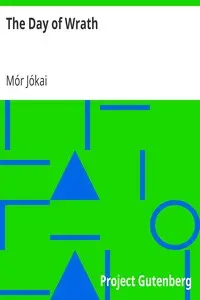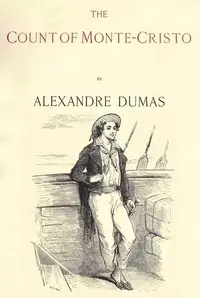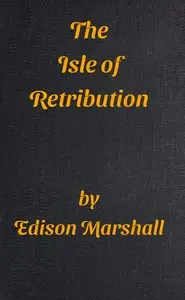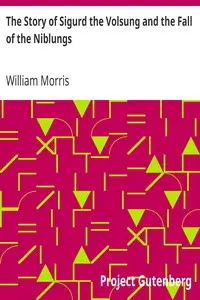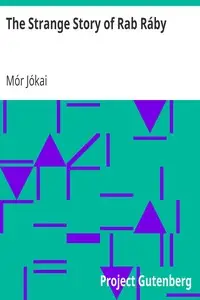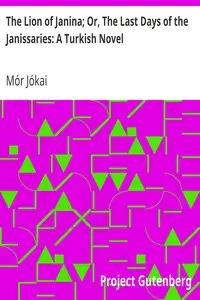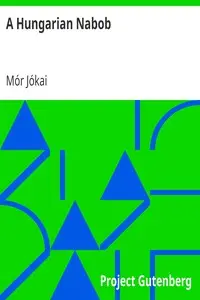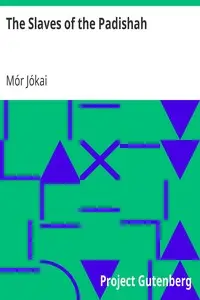"The Tower of Dago" by Mór Jókai is a story set in the 1800s, focused on the imposing Tower of Dago, a grim structure on a dangerous, rocky island. This book tells a tale of revenge, deceit, and the battle between what is right and wrong, showing the terrible results of feuds between loved ones. The story keeps up with Captain Feodor von Ungern, who, after being double-crossed by his brother Zeno and turned into an outlaw, makes his home in the Tower of Dago. There, he seeks revenge on those who hurt him. He uses sneaky ways to survive, like tricking ships into crashing with fake signals, and the book shows how awful a life full of hate and darkness can be. The story also follows the relationships of his son Alexander and Zeno’s son Paul, hinting at a big showdown and maybe even forgiveness as they learn about their fathers' deep hatred. The story crescendos to a sad end that leads to Feodor’s death, highlighting the weighty effects of the choices one makes in life.
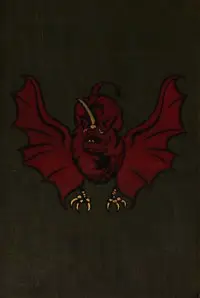
The Tower of Dago
By Mór Jókai
A man, betrayed by his own brother, retreats to a lonely tower and seeks vengeance, setting his family on a collision course with fate.
Genres
Released
2010-05-26
Formats
epub
mobi
epub3 (images)
epub (images)
mobi (images)
txt
Free Download
Summary
About the AuthorMóricz Jókay of Ásva, known as Mór Jókai, was a Hungarian novelist, dramatist and revolutionary. Outside of Hungary, he was also known as Maurice Jókai or Maurus Jokai or Mauritius Jókai. He was a leader of the outbreak of the Hungarian Revolution of 1848 in Pest. His romantic novels became widely popular among the elite of Victorian England, where he was often compared to Charles Dickens by the press. One of his most famous admirers was Queen Victoria herself.
Móricz Jókay of Ásva, known as Mór Jókai, was a Hungarian novelist, dramatist and revolutionary. Outside of Hungary, he was also known as Maurice Jókai or Maurus Jokai or Mauritius Jókai. He was a leader of the outbreak of the Hungarian Revolution of 1848 in Pest. His romantic novels became widely popular among the elite of Victorian England, where he was often compared to Charles Dickens by the press. One of his most famous admirers was Queen Victoria herself.
Total Reviews
10.0k
Total reviews from Goodreads may change

